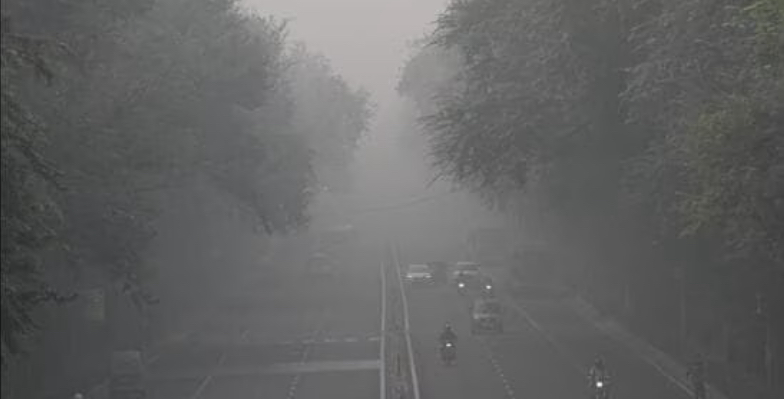
Delhi has taken drastic steps to combat its ongoing severe air quality crisis, now in its fourth consecutive day. The Commission for Air Quality Management (CAQM) has activated Stage 4 of the Graded Response Action Plan (Grap), imposing strict restrictions centered on diesel-powered vehicles. The measures came into immediate effect and include a ban on diesel-run light commercial vehicles (LCVs) from outside Delhi that do not adhere to BS-6 emission norms.
As a statutory body responsible for devising pollution-fighting strategies, the CAQM invoked Grap Stage 4 in addition to the existing stages 1, 2, and 3. These new measures also prohibit non-essential goods-carrying trucks from entering Delhi. Additionally, diesel-operated medium goods vehicles (MGVs) and heavy goods vehicles (HGVs) are barred from operating within the city.
Notably, the CAQM had already banned private cars running on diesel BS-4 and all BS-3 models since November 2 when Grap Stage 3 was enforced. The Delhi transport department issued a notification on Sunday evening, citing the implementation of Grap Stage 4 under section 115 of the Motor Vehicle Act, 1988. The restrictions are comprehensive, allowing entry only for trucks carrying essential commodities, providing essential services, or using LNG/CNG or electric power. Similarly, LCVs registered outside Delhi are allowed entry only if they are electric or BS-VI diesel vehicles and are carrying essential goods.
However, these strict measures have raised concerns among taxi drivers’ associations, who argue that the blanket ban does not consider the pollution under control (PUC) status of individual vehicles. They contend that this will adversely affect the livelihoods of thousands of drivers, asserting that car operations should continue if they possess valid PUC certificates.
These stringent actions reflect the city’s determination to combat its worsening air quality, although they are not without controversy and challenges for those affected by the restrictions.









